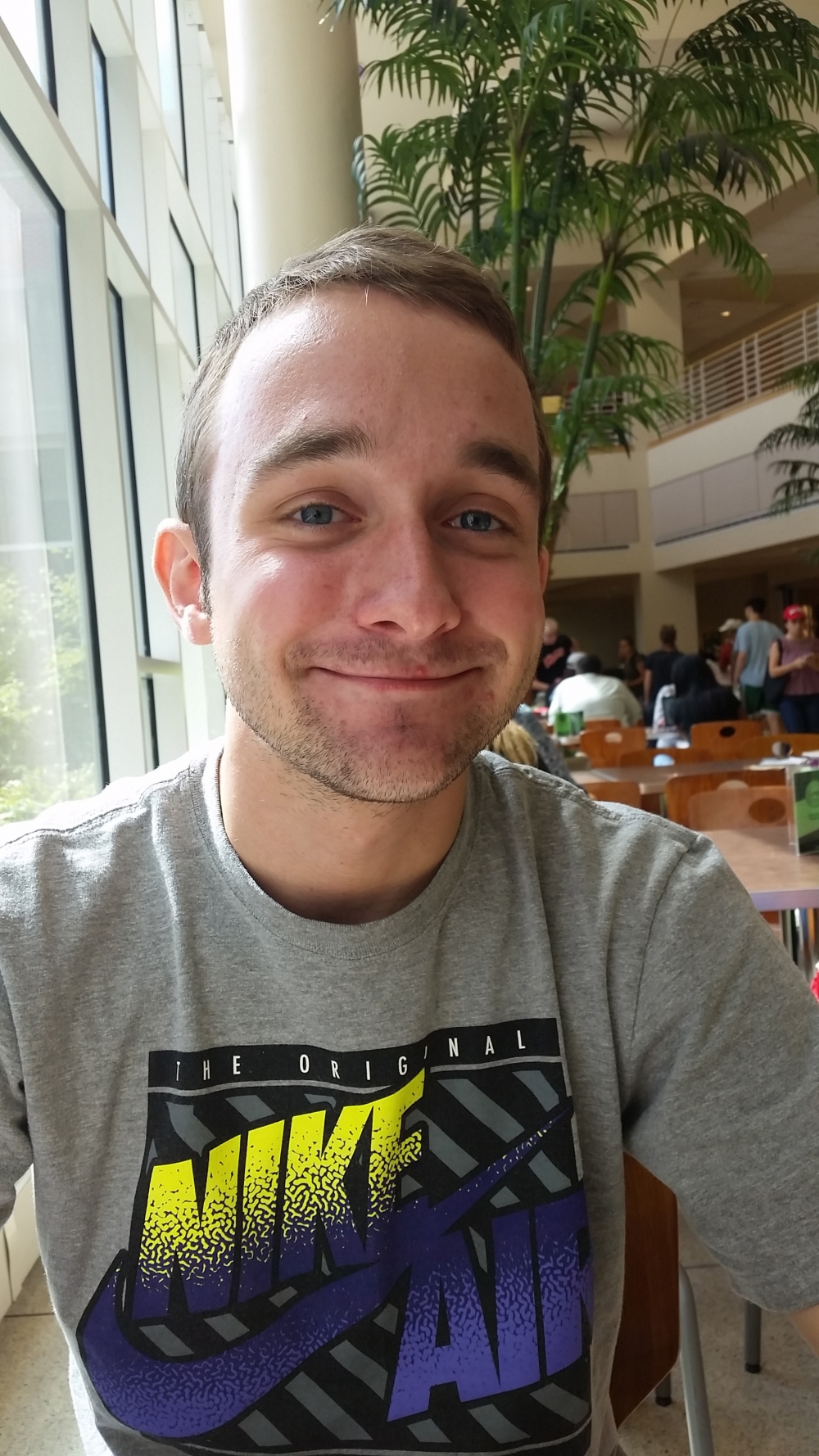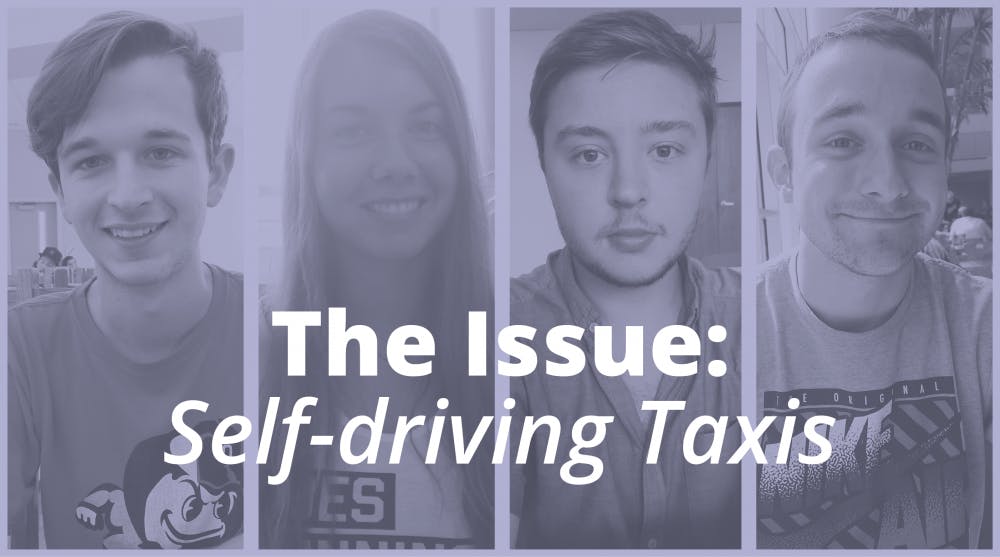THE ISSUE:
World's first self-driving taxis debut in Singapore
SINGAPORE (AP) — The world's first self-driving taxis are picking up passengers in Singapore.
Select members of the public began hailing free rides through their smartphones in taxis operated by nuTonomy, an autonomous vehicle software startup. While multiple companies, including Google and Volvo, have been testing self-driving cars on public roads for several years, nuTonomy says it is the first to offer rides to the public.
The ultimate goal is to have a fully self-driving taxi fleet in Singapore by 2018, which will help sharply cut the number of cars on Singapore's congested roads. Eventually, the model could be adopted in cities around the world, nuTonomy says.
For now, the taxis are only running in a 2.5-square-mile business and residential district and pick-ups and drop-offs are limited to specified locations. Riders must have an invitation from nuTonomy to use the service. The company says dozens have signed up for the launch, and it plans to expand that list to thousands of people within a few months.
Eventually, riders may start paying for the service, and more pick-up and drop-off points will be added. NuTonomy also is working on testing similar taxi services in other Asian cities as well as in the U.S. and Europe.
Student Reactions

|
Ashley Bahney, sophomore visual communications major: "I think it's a little scary, considering it's this entirely new concept. We are so used to seeing people drive cars and now suddenly here is a car no one is driving," Bahney said. "Is it going to malfunction? I think that's something I'm concerned about, but at the same time I think it's a great idea because it will be more efficient and have less human error." |

|
Lakin Lane, freshman computer science major:
"I think they have the ability to be safer than cars with a driver because eventually they would be programmed not to make mistakes," Lane said. |

|
Aaron Strayer, sophomore architecture major:
"It would be better if they were locked into a geographic released for certain smaller towns," Strayer said. "I'm intrigued just because it shows potential not in just automobiles but in robotics and artificial intelligence." |

|
Jacob Stallard, senior elementary education major:
"I would have to be convinced that they are really safe and good functioning before they are introduced mainstream to the public," Stallard said. "I like the concept. I don't have any problem with driving my own car so I don't think it'd be appealing to me." |





